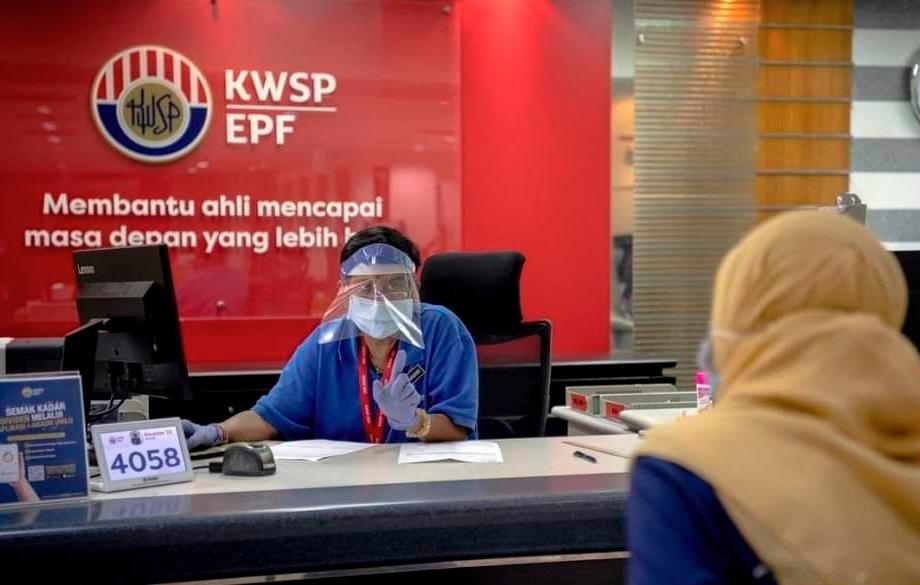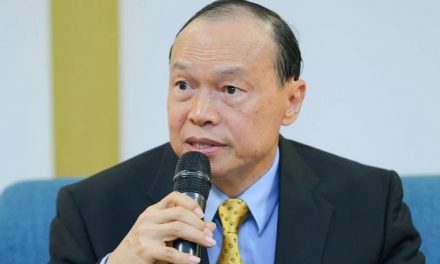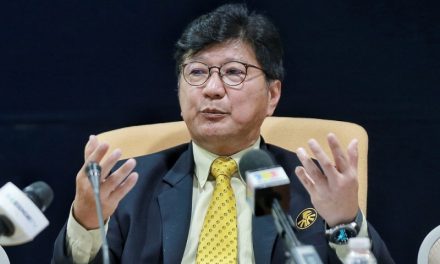PETALING JAYA | Any proposal to increase the employer’s of Employees Provident Fund (EPF) contributions should not be implemented as it will increase the cost of doing business, said Malaysian Employers Federation (MEF) president Datuk Dr Syed Hussain Syed Husman.
“Furthermore, it is unfair to increase contributions from the employer alone as the pension fund savings is a collective responsibility involving the employee too.”
He also stressed that the proposed increase to the employer’s share of the contribution would kill many businesses, especially micro, small and medium enterprises (MSME).
Syed Hussain was giving his views on recent comments by Prime Minister Datuk Seri Anwar Ibrahim that the Cabinet will discuss the proposal from Uni Malaysia Labor Centre (Uni-MLC) to increase employers’ EPF contribution to 20% from the current 13% for those earning RM4,000 and below.
However, Anwar stressed the proposal has not been raised at the Cabinet level yet.
“We need to discuss the matter first. This is a policy decision, so it will have an impact on the economy,” Anwar said.
Syed Hussain added that many MSME have either shut down or are going to do so as operating cost were too high and profit margins were getting smaller and while large companies may not have such huge issues, MSME face them daily.
“Any increase in EPF contribution rates has to be gradual so that all parties can adjust and absorb it as part of their costs.”
He said the real issue was not in the amount of EPF savings but the manner in which the funds are managed, adding that too many withdrawals have been made, to the point that many individuals have almost nothing left for their retirement.
Syed Hussain also said increasing the employer’s share of EPF contributions without addressing the core problems would not help anyone.
“The government must look at other ways it can contribute to the people’s retirement savings. The bigger issue is how to reduce people’s hardship, which has forced them to use their retirement savings to cover living expenses.
“More needs to be done to reduce the cost of living so that people can live within their means. The government must also help create entrepreneurship as without businesses, there will be no employees.
“Let’s look at the issues from the MSME (perspective) and not those of large companies because we need detailed discussions and consultations with industry players before moves such as increasing EPF contributions can be implemented.
Syed Hussain said MSME comprise more than 98% of all businesses and there are more than 650,000 micro-enterprises, adding that the government should focus on assisting them to get back on their feet and help them sustain their business through 2023, which is expected to be challenging.
He also said an increase of 7% in the employer’s share of EPF contributions will cause cash flow problems, especially for MSME.
Syed Hussain added that the 2019 Global Investment Competitiveness Survey suggested that among the most important reasons multinational corporations invested in Malaysia were its macroeconomic and political stability, business-friendly legal environment and skilled labor force.
However, Univerisiti Utara Malaysia economics professor Dr K. Kuperasan Viswanathan disagreed with Syed Hussain.
He said the idea to increase the employer’s share of EPF contributions is good because of the low savings among the majority of contributors
“Malaysia has no social security system other than the EPF, and employers can use the increase of EPF contributions to claim tax deductions.
“There is a need to change the mindset of employers by having higher wages and contributions. Salaries have remained low and workers are suffering. The tactic of using cheap foreign labor to keep wages low needs to be reviewed.
“A higher EPF contribution will be good for the government too as it can borrow from the high savings for development purposes when it needs to,” Kuperan said.
He added that increasing the employer’s contributions for those earning RM4,000 and below is a good start, but even those earning RM5,000 are finding it hard to make ends meet.
“Employers are sure to reject the proposal to raise their share of EPF contributions to 20%. But Anwar could use the 20% proposal as room for compromise.”









